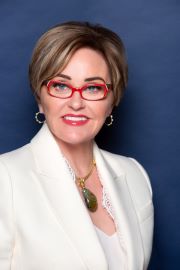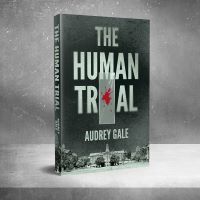Gale’s novel was inspired largely by historical events and also her own personal experiences. After some research, she found that there was an enormous gap between scientists who have made contributions to the medical world and the medical establishments themselves. When asked what the reason was for this huge divide, Gale said, “I attribute it to the inconvenience of so much of medicine being undermined during a terrible time in our economy… that would have put so much of traditional medicine at risk…” Therefore, many of the medical-related methods discovered by scientists past and present were, to a great degree, suppressed by those involved in healthcare services. Gale’s personal experiences also contributed to this novel and it stemmed from an unconventional treatment introduced by her veterinarian that prolonged the lives of both her 13-year-old, aging Golden Retriever, and her cancer-stricken father. Their treatments were a science-based approach involving sound therapy to heal their illnesses. “[My father] was the third step in a long line of serious interactions I’ve had that keeps bringing me back to this science until I finally couldn’t let it go….” Additionally, with all the scientific information presented in this book, Gale also made sure that her story was understandable to her audience. “…my biggest challenge was to take what [the scientists] know and put it together here because that’s what the science was about, the meeting of those two disciplines, and put it in plain English…”

The basis of our health and diseased states is an energetic electrical phenomenon. You’re going to be hard-pressed to patent anything that addresses that.”


Who knows what might be possible in the future for medical discoveries if everybody would work together?”

Podcast: Play in new window | Download
Subscribe: RSS

Want to join the discussion?
Feel free to contribute!